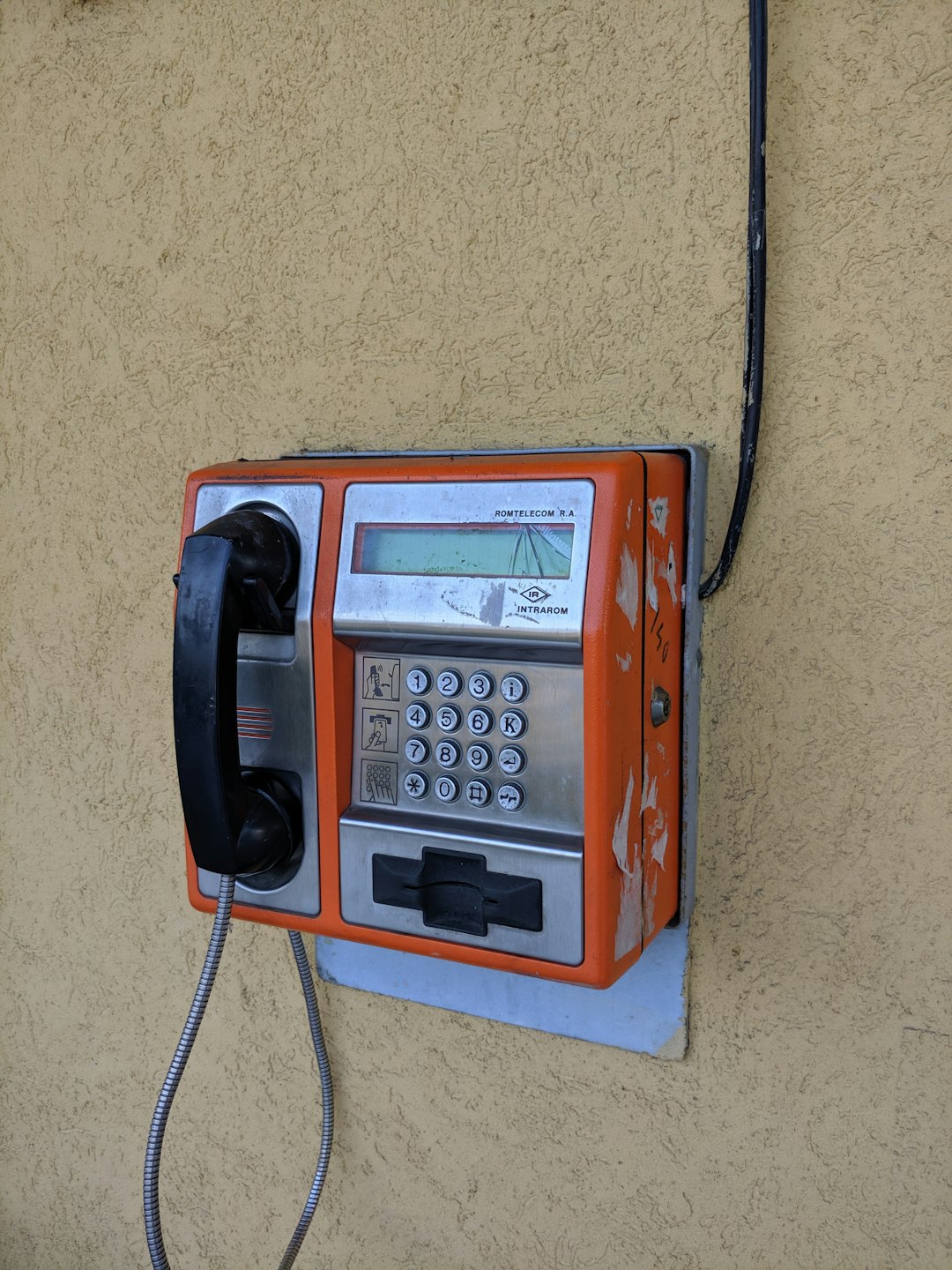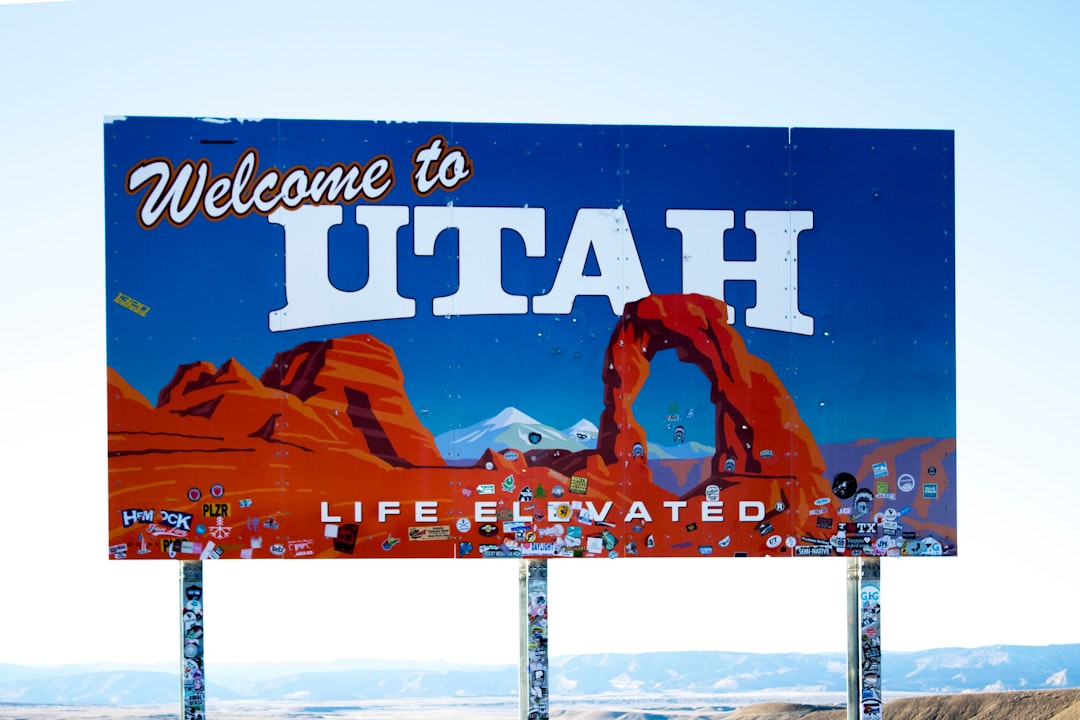Utah's night shift workers, critical for essential services, face unique challenges including long hours, mental fatigue, and sleep deprivation. Spam calls from law firms during off-peak hours exacerbate these issues, causing stress, distraction, and sleep disruption. Despite strict spam call laws, the volume and tactics of marketers make it a continuous problem. This issue demands awareness and stricter laws to protect workers' peace of mind, promote work-life balance, and mitigate mental health risks. Night shift workers can take strategic steps like registering on the National Do Not Call Registry, using blocking apps, reporting spammers, and engaging with local consumer protection firms to combat these unwanted interruptions.
In Utah, night shift workers face unique challenges, with one persistent and detrimental issue being spam calls. This article delves into the psychological impact of these unwanted robocalls on a vulnerable workforce. We explore the daily struggles of Utah’s night shift employees, the rising prevalence of spam calls, and their profound mental health effects. Additionally, we examine legal frameworks aimed at protection and propose strategies to combat this growing concern, emphasizing the role of Utah-based spam call law firms in promoting worker well-being.
Understanding Utah's Night Shift Workers and Their Daily Struggles

Utah’s night shift workers face unique challenges, often working long hours in demanding environments to keep critical services running. These individuals, from healthcare professionals to customer service representatives, frequently juggle physical exhaustion and mental fatigue. They are the unsung heroes who ensure our basic needs are met after dark, but their contributions come at a cost. Many struggle with sleep deprivation, which can lead to decreased alertness and concentration, impacting their overall well-being.
The addition of relentless spam calls into their already stressful lives exacerbates these difficulties. Unlike day shift workers who have more control over their schedules, night shift employees often operate in silence, relying on peace and quiet to perform their duties effectively. However, spam call law firms in Utah that target them during off-peak hours disrupt this balance. These unwanted calls not only invade their personal time but also contribute to a sense of constant annoyance and frustration, making it harder for them to unwind and find rest.
The Prevalence of Spam Calls: A Growing Concern in Utah

In the digital age, Utah’s night shift workers are increasingly plagued by a persistent and often unwanted guest – spam calls. These relentless phone assaults, typically originating from law firms seeking to promote their services or sell products, have become a significant source of stress and distraction for those who rely on quiet evenings to recharge. The problem has escalated to such an extent that many residents feel they have no escape, with spam calls finding their way through various blocking methods.
Utah’s strict spam call laws offer some protection, but the sheer volume and evolving tactics employed by these phone marketers make it a constant battle. Workers struggling to balance long hours and demanding jobs now face the added burden of managing these intrusive calls, which can lead to heightened anxiety, sleep disruption, and decreased productivity. Awareness and education are crucial steps in combating this growing concern, as night shift workers deserve peace of mind while on their personal time.
Psychological Effects of Repeated Spam Calls on Worker Mental Health

The constant barrage of spam calls can take a significant toll on the mental health of night shift workers in Utah, who are already navigating challenging work schedules. Each unwanted call disrupts their focus and sleep patterns, leading to heightened stress levels and potential anxiety disorders. The psychological effects compound over time, especially when these workers become frequent targets due to their availability during off-peak hours.
Repeated exposure to spam calls can contribute to feelings of frustration and a constant state of alertness, impacting the overall well-being of Utah’s night shift workforce. Many workers may develop defensive mechanisms or even paranoia, making it difficult for them to relax and disconnect from work when they return home. This phenomenon underscores the need for stricter spam call laws, particularly targeting law firms known for aggressive telemarketing practices, to protect vulnerable individuals and ensure a healthier work-life balance.
Legal Frameworks: Protecting Utah's Night Shift Workers from Unwanted Robocalls

In Utah, just like in many other states across the US, there’s a legal framework designed to protect citizens from unwanted phone calls, particularly spam calls. These laws are especially significant for night shift workers who may be more vulnerable during their off-peak hours. The Telephone Consumer Protection Act (TCPA) is a key piece of legislation that restricts telemarketers’ practices and provides consumers with tools to fight back against nuisance calls.
Spam call law firms in Utah play a crucial role in enforcing these regulations, offering legal assistance to workers who’ve been harassed by persistent or fraudulent calls. These law firms help educate both businesses and individuals about the rules, ensuring that legitimate phone communication respects the privacy and peace of mind of night shift workers. By holding telemarketers accountable under the TCPA, Utah’s legal frameworks aim to curb the rising tide of spam calls and create a safer environment for its residents, especially those who work non-traditional hours.
Strategies to Combat Spam Calls for Improved Worker Well-being

To combat the constant deluge of spam calls, Utah’s night shift workers can employ several strategies to reclaim their peace of mind and improve overall well-being. One effective approach is to register on the National Do Not Call Registry. This federal list restricts telemarketers from calling numbers listed on it, offering some respite from unwanted calls. Additionally, leveraging technology can be empowering; apps designed to block spam calls and identify unknown callers provide an extra layer of protection. Many such apps learn from collective user data, becoming more accurate over time in filtering out legitimate calls from scams.
Further reinforcement comes from the Utah Attorney General’s Office, which actively prosecutes violators of the state’s spam call laws. By reporting relentless or malicious spammers to these authorities, workers can contribute to deterring unethical practices and holding offenders accountable. Engaging with trusted local law firms specializing in consumer protection can also offer guidance on legal options available to combat spam calls effectively while ensuring workers’ rights are protected.






